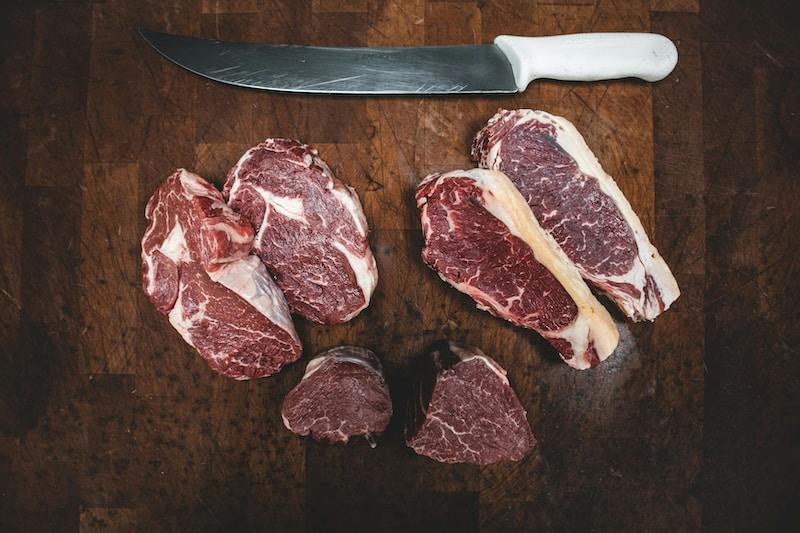This week I invite you to think for a minute about… where meat comes from.
I know it might not sound like a topic you asked for when you signed up for this newsletter (especially you vegetarians), but hear me out. We’ll get there.
|
|
I live on a property with a field that is too big to make into a garden and too small to warrant buying a tractor, so a few years ago we decided the best use for it would be to raise a few pigs. Which means we’d have to figure out how to kill pigs. And then eat them.
I didn’t grow up raising pigs, but I did help butcher a few animals when I lived in Nicaragua and South Africa. I came into this pig-killing business in America with a lot of curiosity. And I quickly discovered that lots of my friends were curious about it, too. “What was it like to watch a pig die?,” people asked me with all the moral indignation of Fern in Charlotte’s Web. “How could you eat an animal you knew by name?”
Thus began the strangest research I will likely ever conduct. I decided to find out how small farmers and artisan butchers make sense of this experience that is increasingly rare in Western societies—knowing your meat and eating it too. So interviewed a lot of them. And spent a lot of time around people killing and cutting up animals.
You might think this would be gross.
But ask yourself for a moment, what makes something gross?
In fact, everybody I talked to said it was exactly the opposite. Farmers who prioritized small-scale ethical methods said there was something beautiful about knowing an animal, being there at its death, and appreciating the meat. They said part of the problem is that too many people—vegetarians and meat-eaters alike—think meat it’s gross.
Calling something gross is a way of distancing ourselves from it. And what happens when we can distance ourselves from something like meat-processing?
If we believe that good, clean, dignified people stay away from meat-processing, we will neither want meat-related jobs nor respect workers in those jobs. We won’t care if they have low pay and unsafe work. The people left dealing with meat will be the ones without other options.
And so it goes in this country. Forty-five percent of meat packing employees were born outside the United States. Meat packing plants and farms are chronically short of employees. In efforts to keep meat cheap and laborers few, the industry has mechanized to a point many would call treating animals as weight-gaining machines. But by distancing ourselves from the process, we don’t have to think about whether workers or animals were treated ethically.
Philosophers use the term the meat paradox to point out that most people want to eat meat but find it at least a little unethical to kill animals, especially fuzzy mammals with big friendly eyes.
One way to deal with that paradox is try not to think about it. But farmers who think about this every day say instead they way out is to give it more attention. Stop treating meat (and everybody working with it) as gross. Instead, meet your meat.
Here’s what fascinated me in the process of interviewing farmers and butchers: many of them talked about sacredness. They said they tried to remember there’s something sacred in caring for a life that’s giving of itself to keep someone else alive, because ultimately that’s what every life is doing. Even farmers and butchers who had no religious affiliation said things like, “My religion is gratitude,” and “I just whisper a little prayer of thank you before my animals die.” They told me that creating better systems around meat has to involve recognizing that real lives are at stake and those lives deserve dignity.
I’d like to challenge you to pay attention to the sacredness in something you’ve written off “gross.” Whose lives are pushed out of mind with labels like “gross?” What would it mean to pay attention to the workers, land, creatures, and systems that go into providing your food and your life?
|
|
P.S. If you’d like a deeper dive into this topic, you can find my recent academic article on it here.

